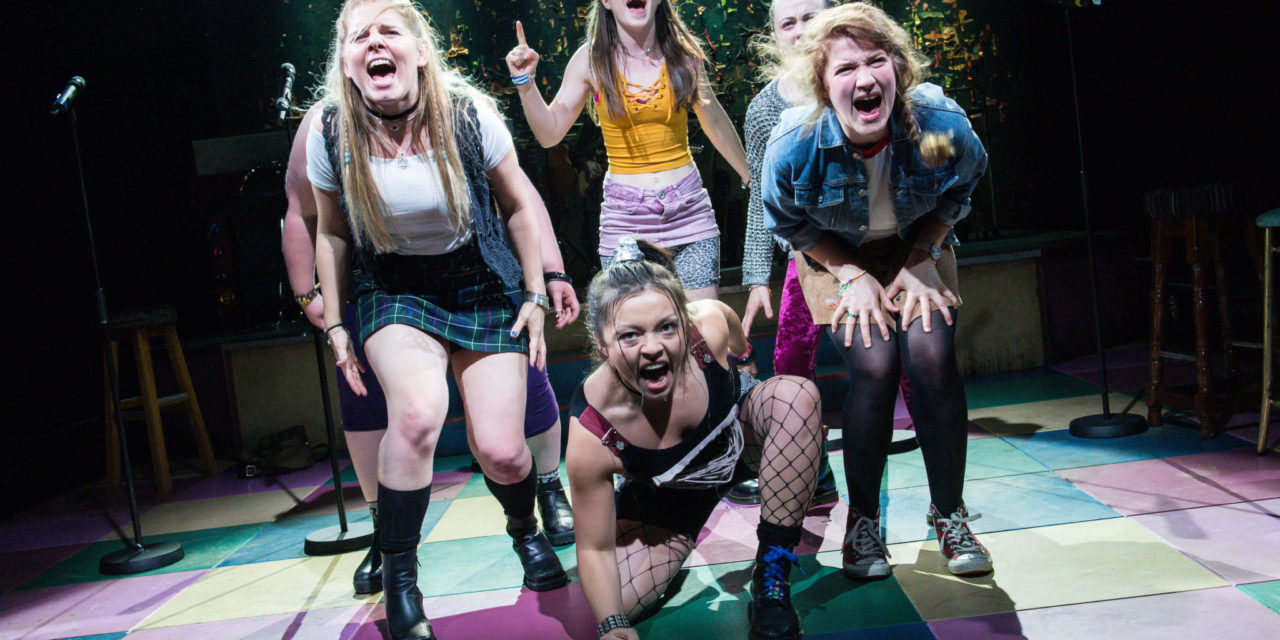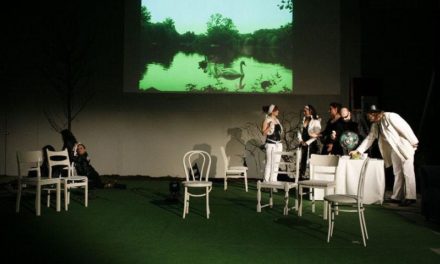Earlier this month, on 16 August, I went to a small, slightly stuffy London venue called Theatre 503. A fringe theatre, its playing space is a room above a pub, and the show was young playwright Stephen Laughton’s new play, Screens. The story was about a family of British Cypriots, and the main theme was individual and national identity in a world dominated by digital devices. The play has a strong emotional core, but what struck me most was its contemporary references. As far as London is concerned, it must be the first theatre piece to explicitly mention Brexit. In fact, the character of the British Cypriot mother, who has lived in the UK since the 1980s, complains that after the vote to leave the European Union (which took place on 23 June 2016), people have been approaching her in the street and telling her to “go back to Syria” — in the eyes of the racially prejudiced, all “foreigners” are now “Syrian asylum-seekers” and “scroungers.”
For the arts community, which by all accounts voted overwhelmingly to remain in the EU, the result of the vote (Leave 51.89%; Remain 48.11%) was a rude shock. Although nothing substantial will happen until the UK officially leaves the EU at the end of what is expected to be a long process of negotiation, perhaps in 2018 or 2019, theatre people have been quick to express their anxieties. In a Front Row special programme on BBC Radio 4 (on 26 July 2016), about Brexit and its impact on the arts, actor and director Samuel West, who leads the National Campaign for the Arts, said that he had polled artists and found that some 96 per cent of creatives wanted to Remain. After the vote, he added, “Many people are mourning.” On the same programme, Rufus Norris, artistic director of the National Theatre, warned that the shock of the vote proved that most theatre people and other artists have become “out of touch” with the rest of the country. His solution? “If we are going to be a national organisation,” he said, “we have to speak to and for the nation. Our principal responsibility initially is to listen.” The first step for the National is a “listening project,” which means that the flagship theatre is sending out staff to meet people from all over the country to discover what they think about Brexit and what Britishness and British values mean to them.
In the meantime, two of the most critically successful shows on at the National at the moment are both collaborations with other theatres in the UK. The most important is the Young Chekhov season, which involves three of the master’s earliest plays — Platonov (1878), Ivanov (1887), and The Seagull (1896) — in new translations by playwright David Hare. Featuring an ensemble cast, they are a transfer from the Chichester Festival Theatre. The second smash hit of the summer is Our Ladies of Perpetual Succour, an adaptation by Billy Elliot author Lee Hall of the 1998 novel Sopranos by Alan Warner. This is a co-production with the National Theatre of Scotland, and its young Scottish cast and glorious onstage band and singing make it one of the most feelgood plays of the year, and the perfect antidote to post-Brexit blues.
This post was written by the author in their personal capacity.The opinions expressed in this article are the author’s own and do not reflect the view of The Theatre Times, their staff or collaborators.
This post was written by Aleks Sierz.
The views expressed here belong to the author and do not necessarily reflect our views and opinions.


















